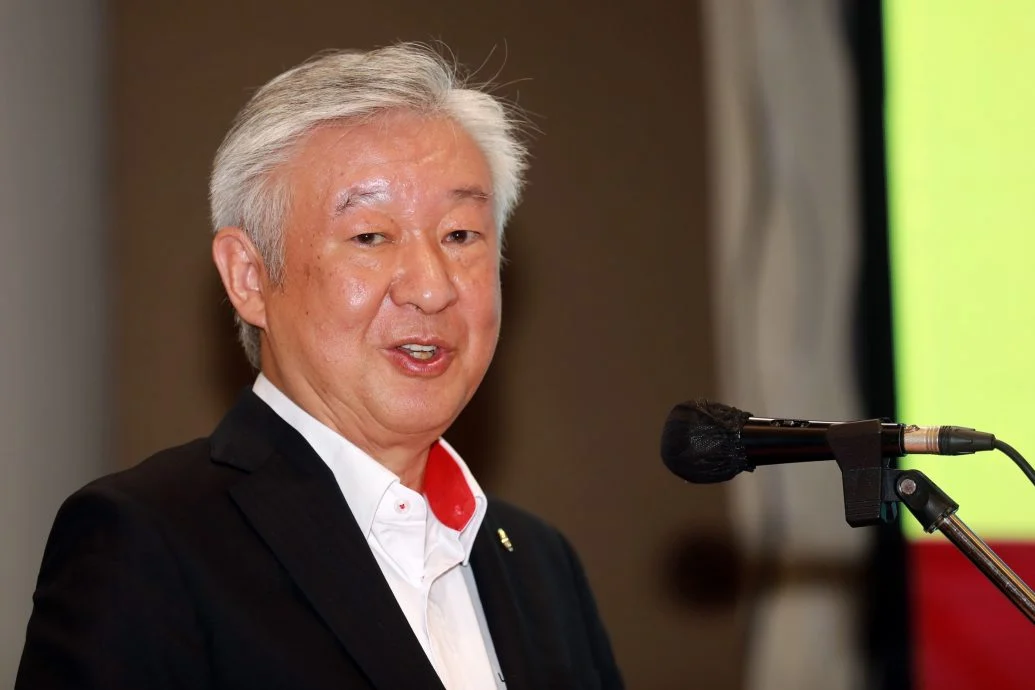ACCCIM pushes for voluntary e-invoicing for MSME
The Associated Chinese Chambers of Commerce and Industry of Malaysia (ACCCIM) president Senator Tan Sri Low Kian Chuan proposed that micro, small, and medium enterprises (MSME) with annual revenue or income of RM500,000 and below should be given the choice to voluntarily participate in e-invoicing.
“To assist these enterprises in adapting to the new e-invoice requirements and reduce the operational burdens on micro-enterprises, ACCCIM proposes to allow micro-enterprises with annual revenue or income of RM500,000 and below voluntarily participate in e-invoicing,” he said, reported Sin Chew Daily.
Low also urged the government to postpone the implementation of the electronic invoice (e-invoice) initiative from July 1 next year to January 1, 2027.
He stated that 96.9% of MSMEs have limited financial and technological resources, and the implementation of e-invoices will have a significant impact on them.
He pointed out that for enterprises, especially MSMEs, the implementation of e-invoices poses challenges as they must adapt to new systems and processes to meet regulatory requirements.
“These challenges include the complexity of accounting systems, regulatory and compliance requirements, ensuring data consistency, integrity, and accuracy, as well as technical and system integration, data security, and ensuring coordination between departments and external stakeholders,” he said.
He further urged the Inland Revenue Board of Malaysia (LHDN) to provide flexibility and support to businesses during the initial stages of e-invoice implementation, suggesting a consultative rather than punitive approach to address any compliance gaps.
“Given the complexity of business operations, the government may consider adopting a consultative approach rather than a punitive one to address any compliance gaps that may arise during the initial stages of implementation.
“A compassionate approach can create a positive compliance environment, ensuring smooth implementation.”
He also highlighted that adopting e-invoices will bring significant economic benefits and enhance business competitiveness through cost savings and improved efficiency.
Therefore, businesses must actively prepare themselves to familiarise with the e-invoice system while fulfilling their tax obligations.
However, Low emphasised that the implementation of e-invoices should not disrupt business operations or increase compliance costs.
He made these remarks during the opening speech of ACCCIM’s Power Chat 4.0-themed “Malaysia Madani: Taxation Innovations & Strategies in Digital Age” yesterday.
In a related development, the Inland Revenue Board of Malaysia (LHDN), Datuk Dr Abu Tariq Jamaluddin said that MSMEs with annual revenues below RM150,000 will be exempted from the e-invoice.

